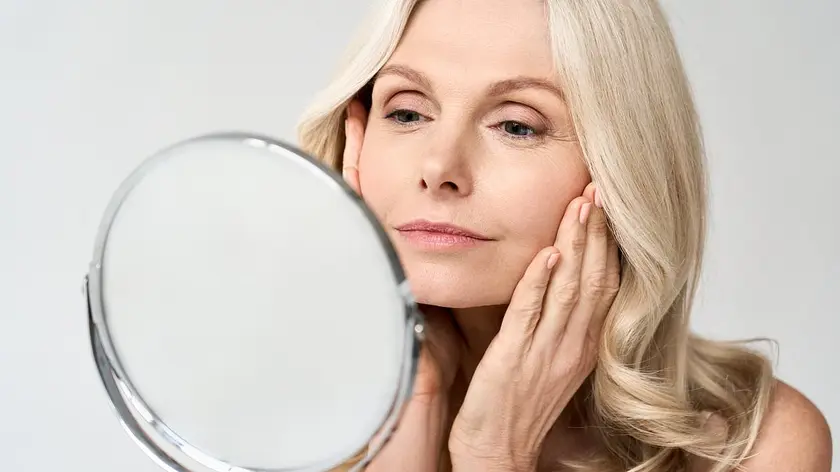T4K3.news
Millions of women face sleep loss due to menopause
Research indicates hormonal shifts lead to disrupted sleep patterns for women in their 40s.

Sleep deprivation affects women in their 40s due to menopause.
Millions of women in their 40s face sleep disruptions from menopause
Many women in their 40s and 50s are waking up between 2am and 4am due to hormonal shifts related to menopause and perimenopause. Menopause marks the end of menstrual cycles as estrogen and progesterone levels drop, often occurring between ages 45 and 55. Research shows that a significant number of women report troublesome menopause symptoms, including sleep disturbances. Studies indicate that around 40% of perimenopausal women struggle with sleep issues. Health experts advise women to understand these changes and seek support as they can impact careers and well-being significantly. Elevated cortisol levels during early hours and drops in blood sugar also contribute to these sleep challenges.
Key Takeaways
"It is important for women going through perimenopause or menopause not to be ashamed."
Dr. Lanny Wilson emphasizes the importance of speaking up about menopause experiences.
"A full 13% of the women we surveyed experienced an adverse work outcome related to menopause symptoms."
Dr. Faubion shares findings on how menopause impacts women's careers.
"As perimenopause quietly unsettles millions of women's nights, the medical community's blind spot has left many struggling alone."
A Vanswe Fitness spokesperson highlights the urgent need for awareness of menopause's effects.
The sleep disturbances experienced by women during menopause highlight a critical gap in health education and support. It is concerning that despite nearly universal experiences of menopause, many healthcare providers lack adequate training on the subject. This lack of understanding not only affects women's health outcomes but can also have serious implications for their professional lives. The issue needs to be addressed comprehensively, including improved education for healthcare professionals and more awareness of the symptoms women face during this transition period.
Highlights
- Understanding menopause can transform women's health care.
- Elevated stress can lead to early morning awakenings.
- Educating doctors on menopause is crucial for women's health.
- Women must advocate for better support during menopause.
Potential healthcare impacts from menopause-related sleep issues
The lack of education regarding menopause among healthcare professionals poses a significant risk for women's health. Misunderstanding can lead to inadequate care and support for those suffering from sleep disturbances during this critical period.
Understanding menopause as a critical health issue can foster better care and support for affected women.
Enjoyed this? Let your friends know!
Related News

Sweat location signals health clues

Dairy intolerance may lead to night terrors

New research links diet to menopause symptom relief

OnlyFans Stars Engage in Extreme Sex Challenges

New skincare offers hope for users of Ozempic and Mounjaro

Experts recommend dietary changes for midlife health

Jamie Powell reveals her cancer journey

The Late Show with Stephen Colbert will be canceled next May
